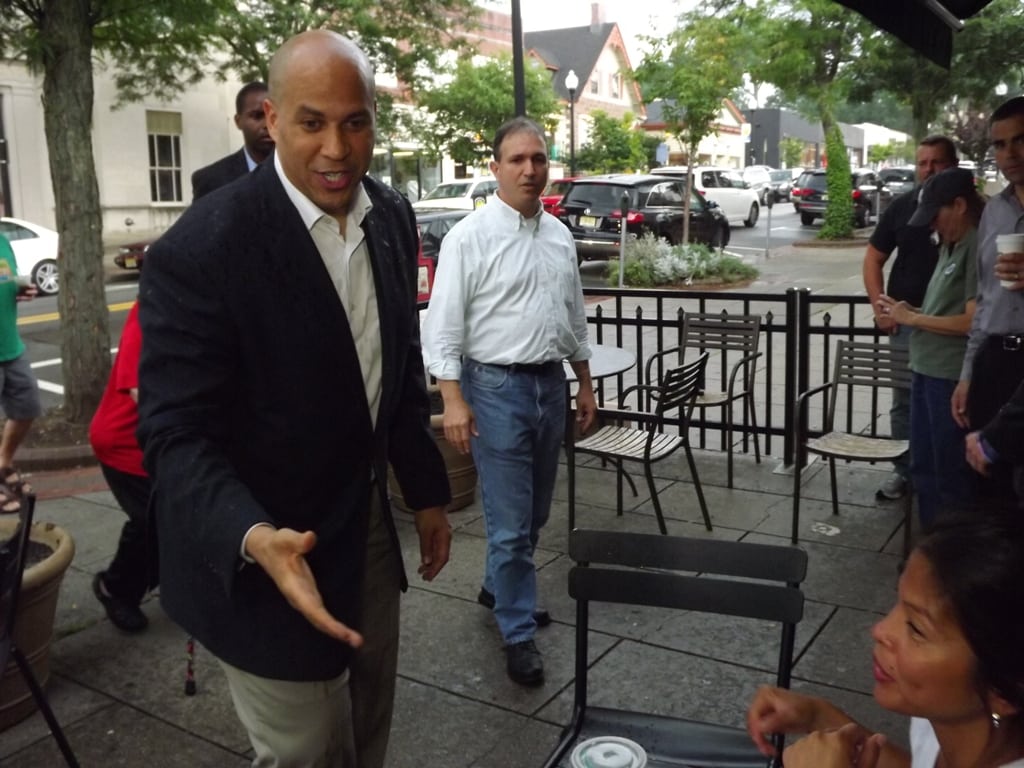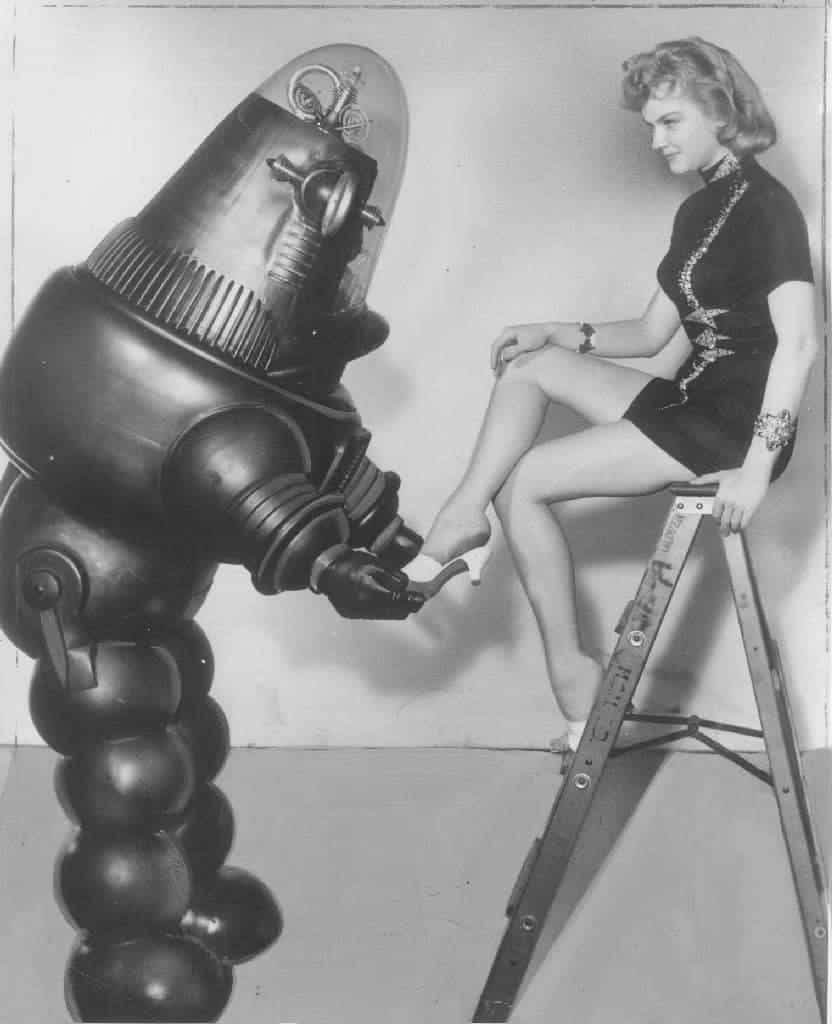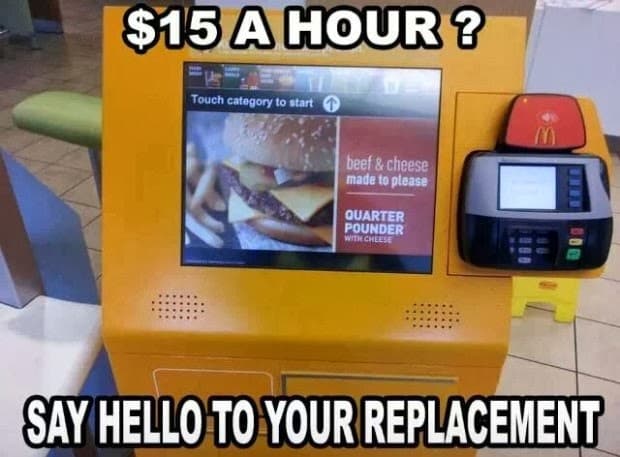
By Tony Russo, CIANJ President
Ridgewood NJ, There has been a lot of discussion recently on raising the minimum wage to $15 an hour. Governor Murphy would like to see $15 an hour this year but the Legislature introduced a bill which would phase in the increase over several years. The reason given for increasing the minimum wage is the high cost of living in New Jersey.
What is missing from the current discussion are the reasons why New Jersey has such a high cost of living. The major reasons for such a high cost of living are the taxes and fees paid by New Jersey’s residents and businesses. Property taxes, sales taxes, fuel taxes, income taxes, the corporate business tax — New Jersey is a heavily taxed state. Also absent from the discussion is why $15 an hour would somehow make New Jersey affordable.
Government needs to appreciate that most private sector jobs in New Jersey are with small businesses. These business owners take on risks daily as competition is fierce. Most work hard to make ends meet but unfortunately some do not survive.
Employees are a business’ number one resource and keeping good talent is a top priority. An hourly wage is just one part of how a business compensates employees. Many offer fringe benefits including paid time off, healthcare insurance, 401(k) contributions, short- and long-term disability, bonuses and life insurance. When the Legislature focuses on only the hourly rate and not the total compensation paid, it is not reflective of the total amount spent by employers.
More importantly, Trenton lawmakers should not look toward the private sector to make New Jersey affordable but rather look inward to reduce the size of government and make New Jersey a business-friendly State. New investment will create new jobs, more competition and innovation which in turn will improve the quality of life of residents as well as increasing the coffers of the state government. This would reduce the current pressure on New Jersey’s existing businesses.
A government wage mandate on the private sector is the wrong approach and will only lead to higher prices and job losses, ultimately hurting the very people they are trying to help. Finally, New Jersey voters already weighed in on this matter in 2013 when they approved an amendment to the state constitution tying any increases to the minimum wage to the Consumer Price Index or CPI.By Tony Russo, CIANJ President














